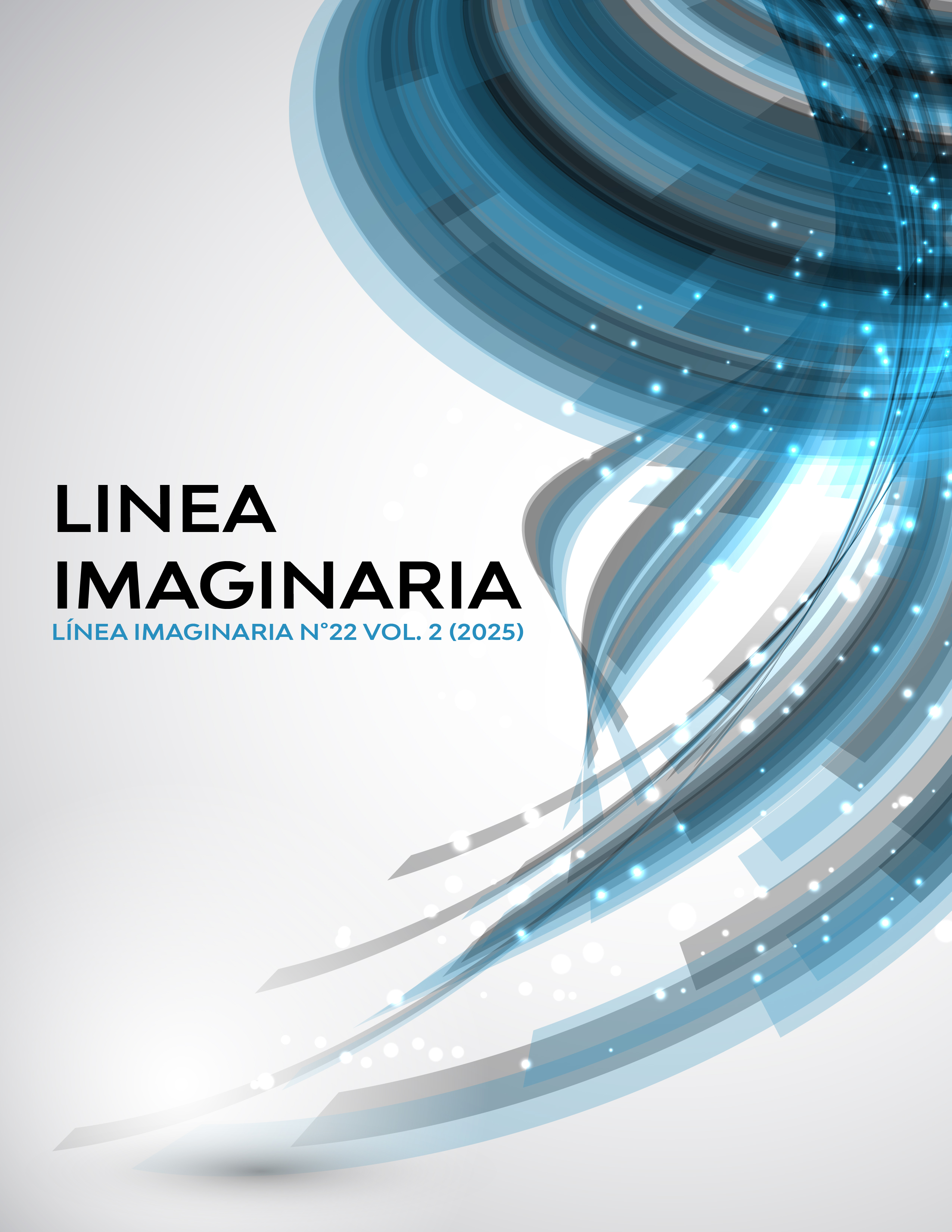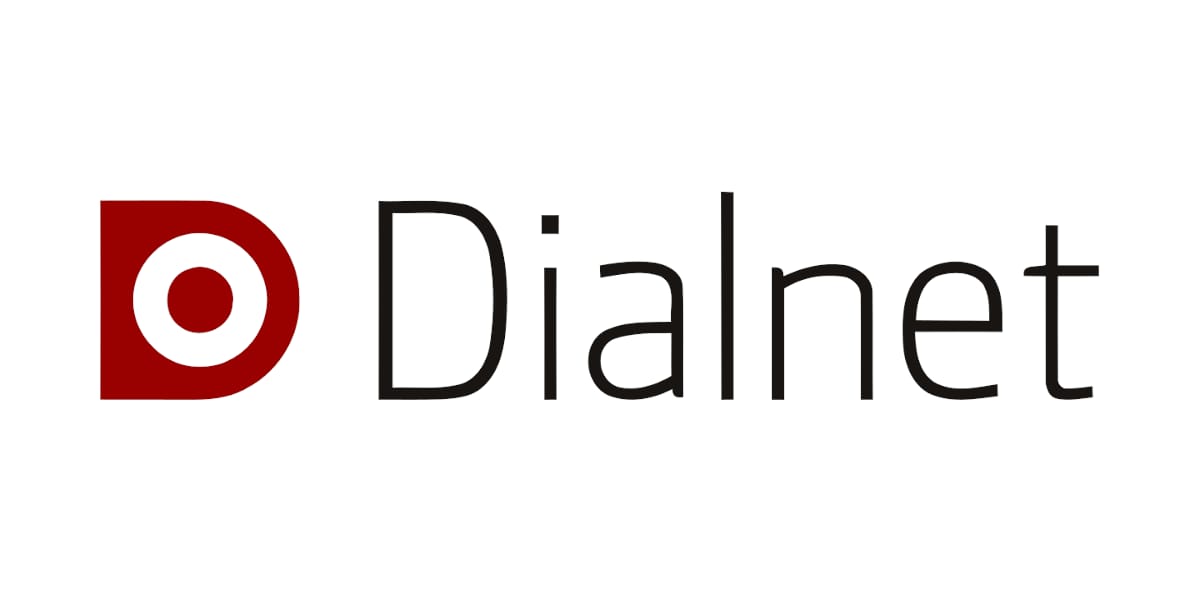INCORPORATION OF ICT IN ACADEMIC TEACHER TRAINING RURAL
DOI:
https://doi.org/10.56219/lneaimaginaria.v2i22.4508Keywords:
Information and Communication Technology (ICT), Rural Teacher, peasant knowledgeAbstract
The present article is based on the results obtained from a more extensive research work carried out by the author titled incorporation of ICT in the academic training of the rural teacher. In this abstract, information and communication technologies (ICT) and their usefulness for application in rural contexts will be analyzed as a way to achieve the articulation between the peasant knowledge and the new technologies in order to optimize the work of the field, Supported by studies presented by Unesco and the world health organization, as well as by works developed both in Venezuela and Latin America. It is evident that every day the influence of the globalized world increases in the tasks of the rural inhabitant, and that is why strategies must be sought to achieve maximum use of these technologies without leaving aside the identity of the peasant and his knowledge.
Downloads
References
Balanskat, A., R. Blamire y S. Kefala (2006), The ICT impact report: A review of studies of ICT impact on schools in europe: European Communities.
Barrera-Osorio, F. y L.L. Linden (2009), The use and misuse of computers in education: Evidence from a randomized experiment in Colombia. Washington: The World Bank. DOI: https://doi.org/10.1037/e599612012-001
BECTA (2006), The Becta Review 2006: Evidence on the progress of ICT ineducation. Coventry: British Educational Communications and Technology Agency.
Carnoy, M. (2002), ICT in education: Possibilities and challenges. Paper presented at the OECD Seminar: The effectiveness of ICT in schools: Current trends and future prospectus, Tokyo, Japan. 5-6 December, 2002.
Cuban, L. (2001), Oversold and underused. London: Harvard University Press. De Corte, E. (1993), Psychological aspects of changes in learning supported by informatics. Paper presented at the Informatics and changes in Learning, Gmunden, Austria. DOI: https://doi.org/10.4159/9780674030107
Díaz Barriga, F. (2008). Estrategias para un aprendizaje significativo. Una interpretación constructivista. México: Macgraw Hill.
Dede, C. (2000), Emerging influences of information technology on school curriculum. Journal of Curriculum Studies, 32(2), pp. 281-303 DOI: https://doi.org/10.1080/002202700182763
Dillon, P. (2004), Trajectories and tensions in the theory of information and communication technology in education. British Journal of Educational Studies, 52(2), pp.138-150. DOI: https://doi.org/10.1111/j.1467-8527.2004.00259.x
García Varcárcel, A (2009). La incorporación de las TIC en la docencia universitaria: recursos para la formación del profesorado. Colecciones Redes. Davinci Continental, España.
Gisbert, M (2002). El nuevo rol del profesor en entornos tecnológicos, Acción pedagógica, v. 11, n°, pp. 48-59.
Goetz, J. y LeCompte, M. (1988). Etnografía y diseño cualitativo en la investigación educativa. Madrid: Morata.
Goodyear, P.; Salmon G.; Spector, M; Steeples, C &Tickner, S. (2001). Competence for online teaching: A special report. Educational Technological, Research and Development, 49(1), 65-72. DOI: https://doi.org/10.1007/BF02504508
Kaplún, Gabriel; Culturas juveniles y educación; conflictos culturales y conflictos pedagógicos, Tesis de Doctorado; Ecuador, 2007.
Kozma, R. B. (2005), National policies that connect ICT-based education reform to social and economicdevelopment. Human Technology: An Interdisciplinary Journal on Humans in ICT Environments, 1(2), pp.117-156. DOI: https://doi.org/10.17011/ht/urn.2005355
OECD (Organisation for economic Co-operation and Development) (2010), Are the New Millennium learners making their grade? Technology use and educational performance in PISA. Paris: Organisation for Economic Co-operation and Development - Center for Educational Research and Innovation.
___(2003), Seizing the benefits of ICT in a digital economy. Paris: Organisation for economic Co-operation and Development.
___(2001), Learning to Change: ICT in Schools. Paris: Organisation for Economic Co-operation and Development.
Parra, B. (1995). Estudio de caso cualitativo en la investigación educativa. ULA, Núcleo Táchira.
Roschelle, J. M. y otros (2000), Changing how and what children learn with computer-based technologies. Children and Computer Technology, 10(2), pp. 76-101. DOI: https://doi.org/10.2307/1602690
Rycroft, R. W. (2006), Time and technological innovation: Implications for public policy. Technology in Society, 28, pp. 281–301.
Rycroft, R. W. (2006), Time and technological innovation: Implications for public policy. Technology inSociety, 28, pp. 281–301. DOI: https://doi.org/10.1016/j.techsoc.2006.06.001
Sampieri, R.; Fernández, C. y Pilar, B. (2002). Metodología de la investigación. México: McGraw Hill.
Sánchez, Núñez Cristian; Educación en valores Interculturales; Granada; España; 2006
Scardamalia, M. y C. Bereiter (2006), Knowledge building: Theory, pedagogy, and technology. In K. Sawyer (Ed.), Cambridge Handbook of the Learning Sciences pp. 97 - 118. Cambridge: Cambridge University Press. DOI: https://doi.org/10.1017/CBO9780511816833.008
Taylor, S. y Bogdan, R. (1987). Introducción a los métodos de investigación. La búsqueda de significados. Barcelona, España: Paidós.
UN (United Nations) (2005), UN Millennium development goals. [en línea] <http://www.un.org/millenniumgoals/goals.html> [fecha de consulta: agosto de 2006].
Villamizar, L. “Estrategias de formación de profesores universitarios para el uso de las tecnologías de información y comunicaciones (tics) a partir del sistema de aprendizaje letmelearn: dos estudios de caso”. Colombia, 2007. Tesis Doctoral. Para optar el título de Doctorado Interuniversitario en Tecnología Educativa. Universidad Rovira i Virgili. España.
Voogt, J., y W.J. Pelgrum (2005), ICT and curriculum change. Human Technology: An InterdisciplinaryJournal on Humans in ICT Environments, 1(2), pp. 157-175. DOI: https://doi.org/10.17011/ht/urn.2005356
Yelland, N. (2006), Changing worlds and new curricula in the knowledge era. Educational Media International, 43(2), pp. 121–131. DOI: https://doi.org/10.1080/09523980500237922
Zea, C. (2003). Hacia un modelo de formación de docentes de educación superior en el uso pedagógico de las tecnologías de información y comunicación. Propuesta de investigación presentada a Colciencias. Sin publicar
Downloads
Published
How to Cite
Issue
Section
License

This work is licensed under a Creative Commons Attribution-NonCommercial-ShareAlike 4.0 International License.
La revista Línea Imaginaria conserva los derechos patrimoniales (copyright) de las obras publicadas, que favorece y permite la reutilización de los mismos bajo la licencia Creative Commons Atribución-NoComercial-CompartirIgual 4.0 , por lo cual se pueden copiar, usar, difundir, transmitir y exponer públicamente, siempre que se cite la autoría y fuente original de su publicación (revista, editorial, URL y DOI de la obra), no se usen para fines comerciales u onerosos y se mencione la existencia y especificaciones de esta licencia de uso. Si remezcla, transforma o crea a partir del material, debe distribuir su contribución bajo la misma licencia del original.














